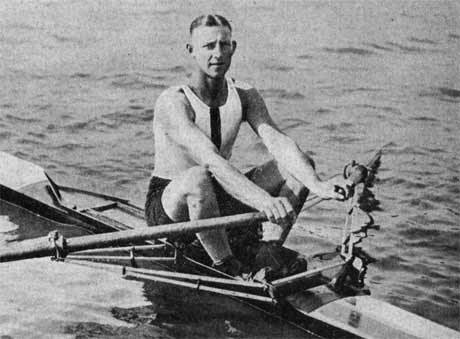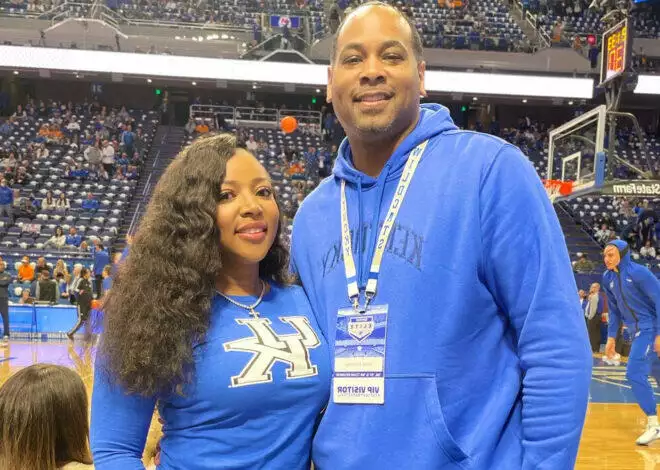The torch has been lit! The thirtieth Olympiad is officially underway, and we’re poised and ready to watch the world’s finest compete for the gold (although, we’re a little peeved that NBC has refused to post a live stream of events. Who really wants to wait for primetime?).
Who will capture our hearts this year? Will Oscar Pistorious, the British “Blade Runner” and first double-amputee to participate in the able-bodied Games, take a first place finish in the 400 meter sprint? Will Michael Phelps be able to pull off another impressive winning streak? Breathe, sit back, and enjoy the display of speed, endurance, and muscular finery.
But while you wait to be shocked and impressed by the happenings in London, take a look at five of the most unusual and unexpected victories from Olympics past. Major kudos to the underdog!
Kerri Strug
Nothing makes tears erupt and the heart swell quite like Kerri Strug’s vault in the final rotation of the women’s gymnastics team finals. On her first attempt, Strug botched her landing and fell, severely spraining her ankle. It was clear that Strug was in pain, but she ignored it and completed her second attempt. She landed it perfectly, hopping onto her good foot immediately after and then crawling off of the mat. That final vault clinched the gold for Team USA. Kerri was unable to walk to the winner’s podium, however, so her coach Bela Karolyi picked her up and carried her.

Abebe Bikila
Ethiopian marathoner, Abebe Bikila, was entered into the 1960s Olympics in Rome at the last minute because a teammate was injured. As a result, Adidas, who was the Games’ shoe sponsor of the year, only had a few pairs of running shoes available for the marathoner to choose from. Bikila was unable to find a pair that was comfortable enough for him to run in, so just a few hours before his race, he decided to go without. As would be expected, he was immediately dismissed by his competitors for his decision. Nonetheless, Bikilia won the gold medal for the race, coming in 25 seconds ahead of the second place finisher. When asked after the race why he had run barefoot, Bikila responded, “I wanted the world to know that my country, Ethiopia, has always won with determination and heroism.”

Bobby Pearce
Some things are more important than winning. Australian sculler, Bobby Pearce, was halfway through his quarter final race in the 1928 Amsterdam Games and very much in the lead when he spotted a family of ducks swimming directly toward the path that his boat was heading. Pearce stopped rowing until the family had safely passed before restarting his stride to win that race. He then went on to win the overall gold in his sculling event. Pearce reminded the world that while it’s nice to break a record, the Olympics are really all about sportsmanship.

Greg Louganis
Talk about dealing with the pain. During a preliminary dive in the 1988 Seoul Games, Louganis hit his head on the board while practicing a 2 ½ pike. He suffered a concussion (and no doubt, a whopper of a headache). To make things worse, Louganis had been notified by his doctor only 6 months earlier that he was HIV positive and as a result, he was taking anti-retroviral drugs every 4 hours. Despite his injury and illness, however, Louganis went on to win the gold and be named “Athlete of the Year” by ABC’s Wide World of Sports.

Nadia Comaneci
Comaneci was only 14 years old when she competed in her first Olympic Games in 1976. The audience knew she was good, but they weren’t expecting perfection. When she was awarded the world’s first score of a perfect 10 in the history of women’s Olympic gymnastics, spectators gasped, while quietly acknowledging that it was totally deserved. What’s more, she went on to receive 6 more perfect 10s during her Olympic career as well as a healthy number of gold medals.

We’ll just have to wait and see if this year’s games will produce any odd and unexpected victories (fingers crossed for the Blade Runner!).
Know of another unexpected victory? Tell us about it in the comments below!





